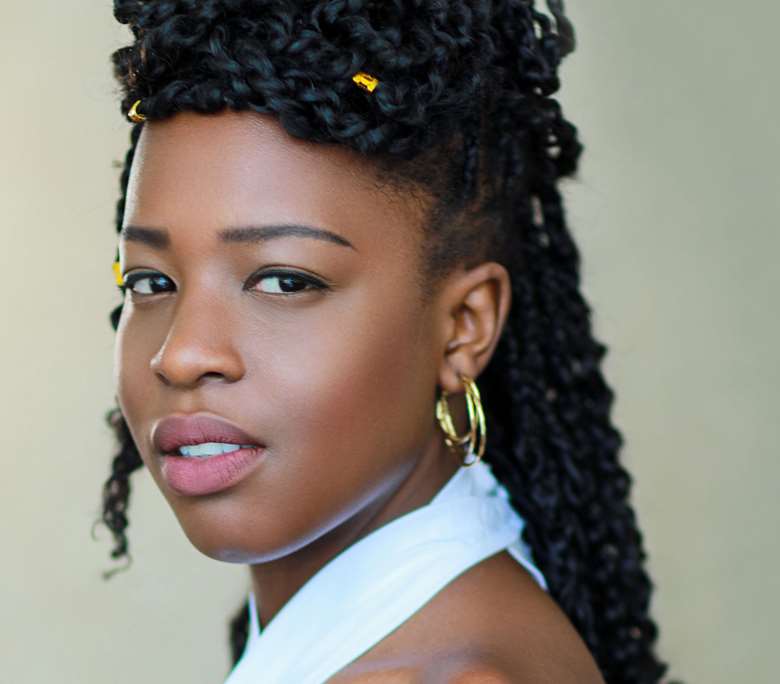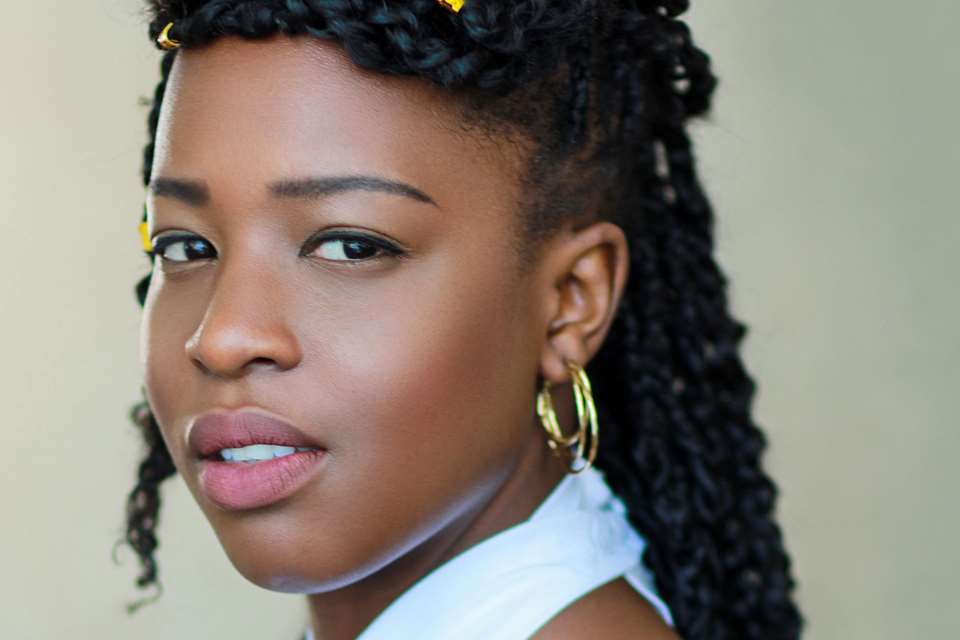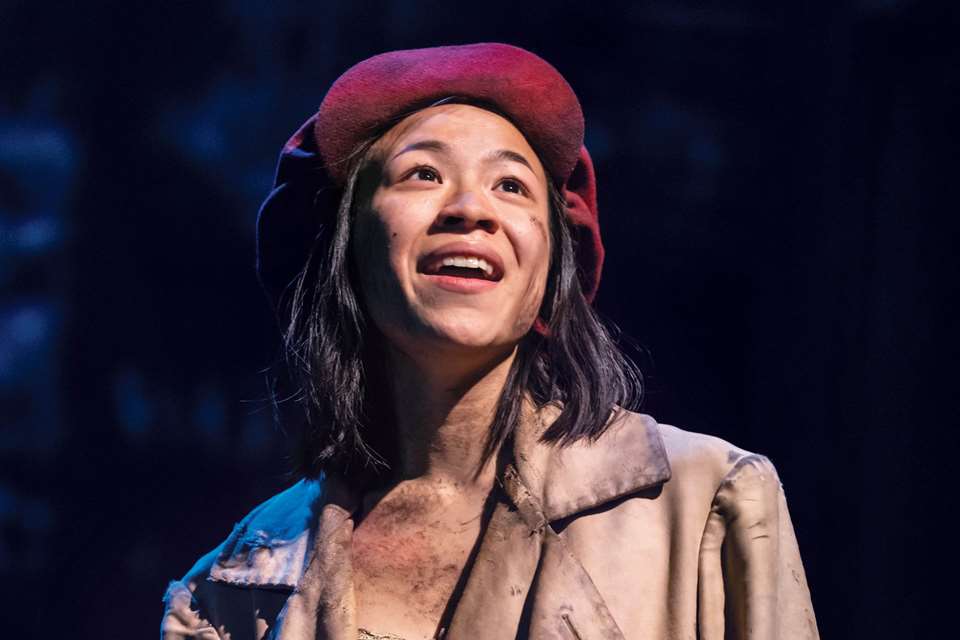Rising Star: Gabrielle Brooks
Wednesday, January 31, 2024
For Gabrielle Brooks, a career which began with Lloyd Webber’s Whistle Down the Wind continues to blossom


Register now to continue reading
Thank you for visiting MusicalsMagazine.com. Sign up for a free account today to enjoy the following benefits:
- Free access to 3 subscriber-only articles per month
- Unlimited access to our news, podcast and competitions pages
- Free email newsletter

